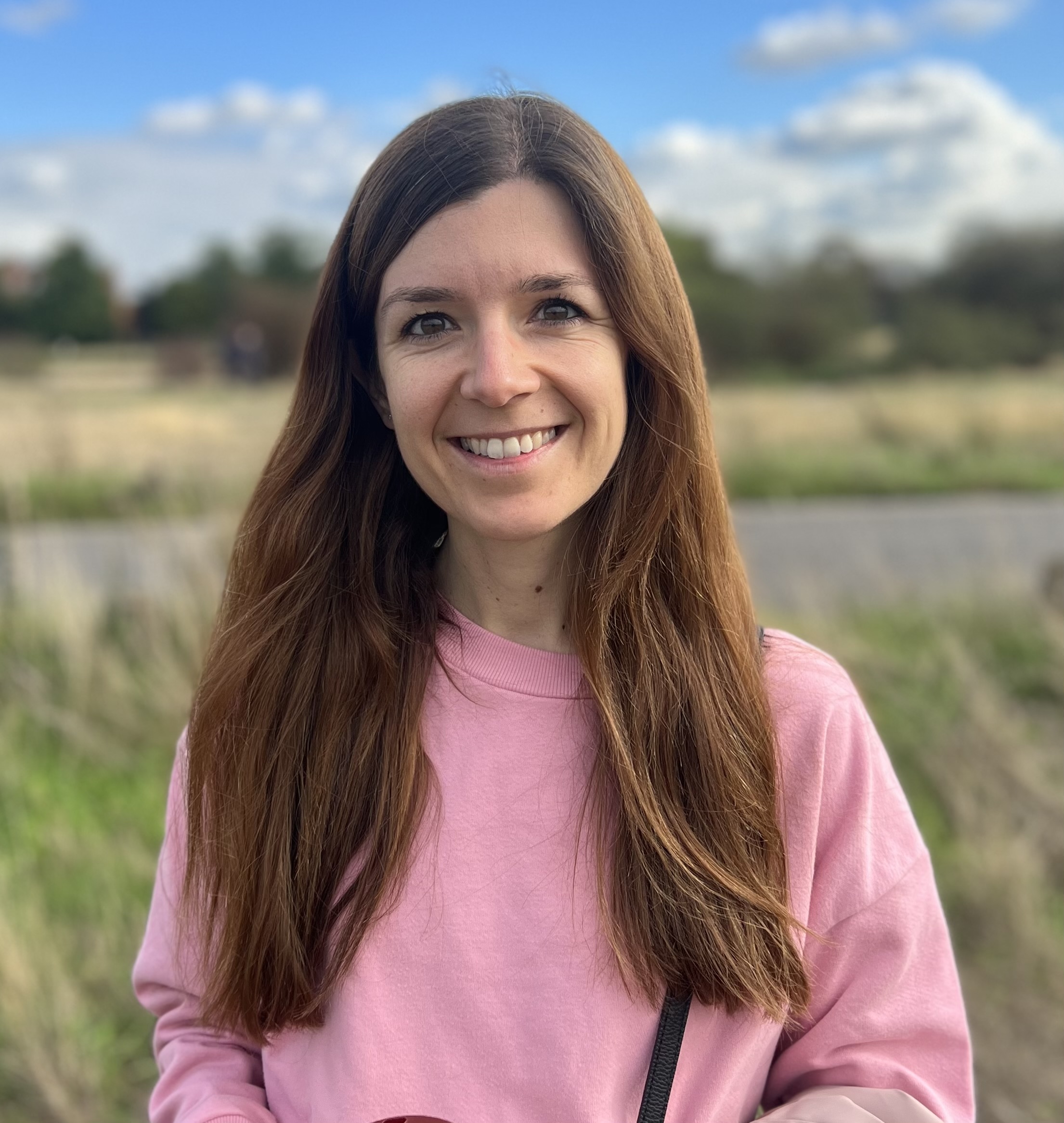Rebecca Kelso is a therapist in South West London and online
What attracted you to become a therapist?
In my early career I worked in a hospital setting and noticed the value of sitting with patients and hearing their stories. It was a busy environment and giving people that time and space to feel heard really seemed to make a positive difference to them. It was then that I decided I would like to focus on providing people with that care, compassion and support.
Where did you train?
I initially studied for a psychology degree at Royal Holloway University near Windsor. This lead to my interest in mental health.
I then went on to study several types of therapy at Roehampton University, including drama therapy and art therapy. I enjoyed this creative way of practising therapy.
I wanted to be able to support and work with clients, so I studied for a Diploma in therapeutic counselling at Kingston College.
Can you tell us about the type of therapy you practise?
I work in an integrative way which means that I draw on a number of styles depending on the individual needs of the client. Approaches that I use are cognitive-behavioural therapy, mindfulness, person-centred, gestalt, and psychodynamic therapy.
I also practice ecotherapy, where therapy takes place in the natural environment of Wimbledon common. We walk or sit in nature and it can aid the client in an exploration of their relationship with themselves and their environment. Clients have the opportunity to find a way to develop healthier connections within a nurturing and containing nature space.
How does ecotherapy help with symptoms of anxiety?
I find that ecotherapy can help with the symptoms of anxiety in all its forms. Being in nature can be a very calming and connecting experience that helps the client to explore their individual concerns.
Walking alongside a therapist within a natural setting can enable clients to explore their thoughts, feelings, and behaviours at a deeper level, within a safe, supportive and caring environment.
What sort of people do you usually see?
I work with individual adults, and I am also qualified to work with adolescents 13-17 .
I often see clients experiencing anxiety relationships, identity, health, body image, eco-grief, life transitions, and parenthood , depression and disordered eating patterns.
Have you noticed any recent mental health trends or wider changes in attitude?
I have noticed that society as a whole is becoming more aware of the benefits that being outside can provide to mental health and wellbeing. Therapy is no longer seen as only being able to take place within a room, and clients are being offered more environmental choice for their therapy, whether that be online or outdoors.
What do you like about being a therapist?
I feel very honoured that clients put their trust in me and share their story. The therapeutic relationship is one of warmth, respect, caring, and compassion, and I enjoy supporting others on their therapy journey.
What is less pleasant?
I find short-term counselling can be frustrating. Sometimes clients are just starting to explore their difficulties in more depth when the sessions have to end due to them having access to a limited number of sessions.
How long have you been with Welldoing and what you think of us?
I have been with Welldoing for several months. I am really enjoying being part of the community and connecting with other therapists so that we can support each other, and I am broadening my knowledge to benefit my clients.
Do you ever suggest books or apps to clients?
I do suggest books and apps to clients if I think it would be beneficial to them. Examples of books I have suggested are:
The Gift of Therapy by Irvin Yalom
Ecotherapy in Practice by Caroline Brazier
Ecotherapy: Healing with Nature in Mind by Linda Buzzell
What you do for your own mental health?
I enjoy being outside and take regular walks through nature spaces in and around London. I also practice mindfulness and meditation regularly. I keep physically active by attending yoga classes. I enjoy reading as a way of calming my mind at the end of a busy day.
You are a therapist in Wimbledon. What can you share with us about seeing clients in this area?
I have a very varied client base in Wimbledon. It is a thriving, vibrant and very friendly community.
There are many families within Wimbledon and I work with both adults and adolescents.
With Wimbledon common on our doorstep many people are able to experience the joys of being outside in the natural environment, and the walk through Wimbledon common to Richmond park is a very popular route.
What's your consultation room like?
My consultation room is the natural spaces of Wimbledon common. It is an ever-changing landscape depending on the season and it offers many gifts and opportunities for clients to explore their connection with themselves, and their relationship with nature.
I also work online and have therapy rooms in Tooting and Wimbledon to offer clients flexibility and choice.
What do you wish people knew about therapy?
That therapy takes time, commitment and patience. It is definitely an on-going journey of self-discovery.
What did you learn about yourself in therapy?
In my personal therapy, I learned that I have inner resources and resilience that I didn't know existed. It was a very empowering experience.

